
VW celebrates 1.5 millionth electric car from the ID family, almost a decade after the outbreak of the diesel crisis that sparked its electric revolution.
VW has kept many electric models offered in Europe from the North American market, and has seen its share in traditionally strong Chinese market decline over the past few years.
The German automaker now faces Chinese EV brands in Europe, in addition to Tesla, which built a factory right outside Berlin.
Earlier this month the German automaker reached an important milestone since kicking off its modern electric era, an era that began with the diesel crisis in September 2015.
Almost a decade after Dieselgate, Volkswagen celebrated the production of its 1.5 millionth vehicle from the ID lineup.
The model itself happened to be an ID.7 Tourer Pro, which was turned over to a customer at the VW plant in Emden, Germany.
"1.5 million ID. models delivered—this clearly shows that Volkswagen is a pioneer in the field of electromobility," said Martin Sander, board member for Sales, Marketing and After Sales.
Headwinds
But Volkswagen's milestone is now overshadowed by a number of trends that threaten the progress that has been made thus far.
Not only is the ID.7 Tourer not available stateside, you may recall, but the ID.7 sedan's North American debut was canceled at the last moment, with VW once again making last-minute decisions that result in less variety for American EV buyers.
Volkswagen has also kept one of the first ID models launched—the ID.3 hatch—out of North America, and after a few delays began deliveries of the ID. Buzz stateside, which had also been long awaited by some VW enthusiasts.
Mixed Results
VW's electric fortunes stateside since the launch of the ID family have been decidedly mixed, with the VW ID.4 carrying almost all of the load for its EV lineup, despite the presence of a much more varied selection in Europe.

So the VW brand has certainly held a few models back, including a sedan that could have been a Tesla Model 3 rival, letting its Audi and Porsche brands play in much higher price brackets.
"The most recent additions to the ID. family are the ID.7 and the ID.7 Tourer, which came out in 2024. The ID.7 Tourer was the electric vehicle with the highest number of registrations in Germany in the first half of 2025," the automaker noted.
On the Upside
The few bright spots for VW in the US have included the launch of ID.4 production in Chattanooga, shortly after assembly began back home in Europe.
Among other things, this makes the Chattanooga-built ID.4 less susceptible to tariffs, which are otherwise set to affect a number of VW Group brands and EVs including Audi and Porsche, which do not have plants stateside.
"Aside from Zwickau and Gläserne Manufaktur Dresden, Emden is the only Volkswagen plant worldwide dedicated solely to electric vehicles. Further ID. models are rolling off the production lines in Hanover and Chattanooga (USA), as well as in Foshan, Changsha and Anting (all China)," the automaker added.
The VW Group's electric future is perhaps a bit cloudy at the moment when it comes to continued success in North America, despite some recent, crucial launches.
New Challenges
VW now also faces entirely new challengers on its home turf—some of which did not really exist just a few years ago.
There is now a Tesla factory right outside Berlin producing models that have remained popular until very recently.
But a larger challenge is the growing number of Chinese EVs in several key segments that weren't there just a scant three years ago.
EV brands from China obviously pose a more serious longer-term challenge to Volkswagen Group brands than Tesla alone, whose popularity appears to have already peaked, and will continue to remain so for the foreseeable future.

VW fortunes in China have faltered a bit as well since the ID lineup was launched, with the automaker facing a bewildering number of competitors solely in the EV field, including BYD, Xiaomi, and others.
VW's next EVs aren't slated to make it stateside either, including the compact ID. 2all in 2026, which is designed to cost below €25,000 ($29,000). An even more affordable model is in the works, dubbed ID. EVERY1, and it is designed to cost below €20,000 euros ($23,500). We don't expect to see it on this side of the Atlantic either.
What's next?

"The next major step will be our Electric Urban Car Family, which will make entry-level mobility attractive and affordable in Europe," said Thomas Schäfer, member of the Volkswagen AG, Board of Management, CEO of the Volkswagen Passenger Cars Brand.
The Electric Urban Car Family will carry prices of about €25,000, and four models are planned as a start: One from the Cupra brand, one from Skoda, and two from the VW brand
Hopefully, some affordable EVs from the VW or the Cupra brand, slated to launch here in a few years, will make their way to the US as well, even though we've certainly heard enough times that all that Americans want are crossovers, SUVs, and trucks.
Should VW offer smaller and more affordable models in the US, or is demand for such models mostly in Europe at the moment? Let us know what you think in the comments below.
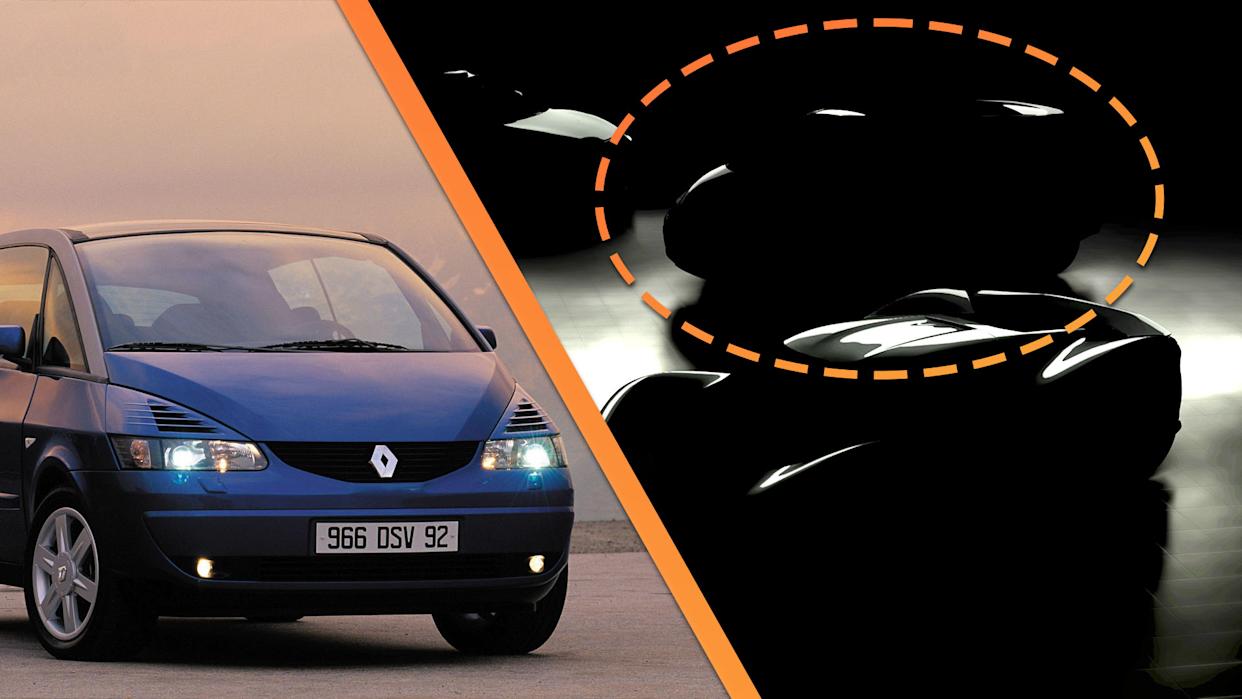
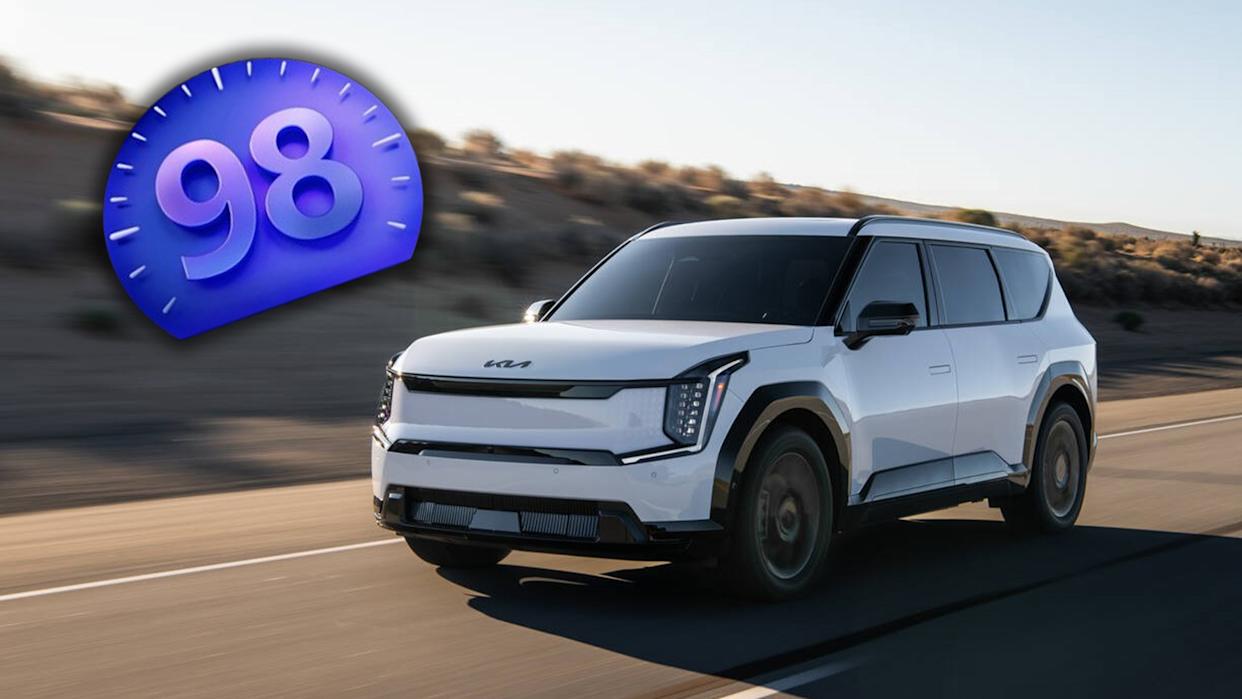

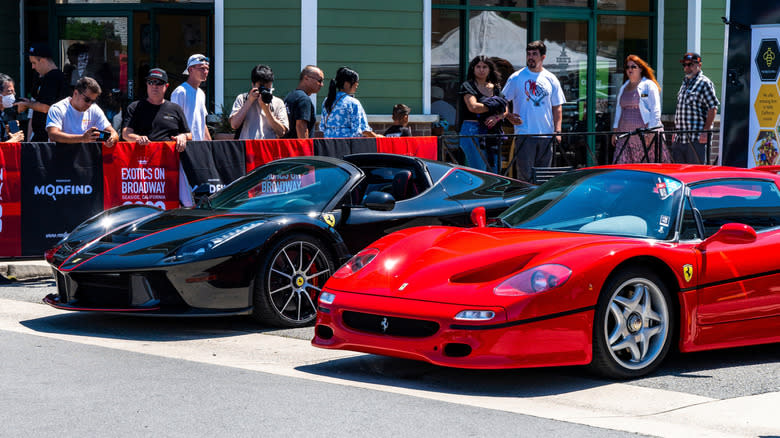
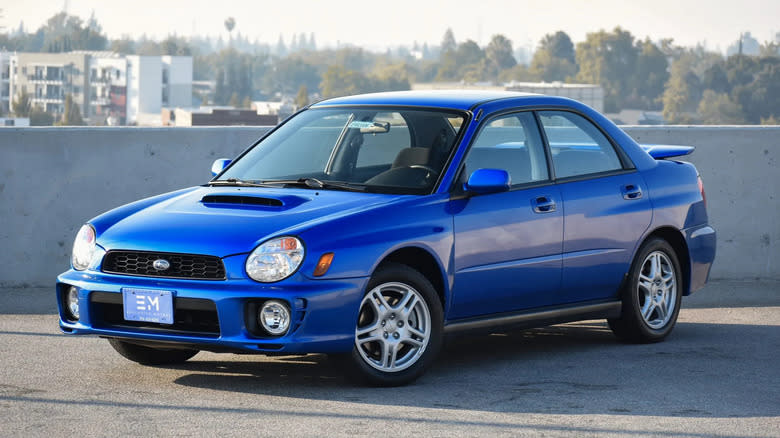
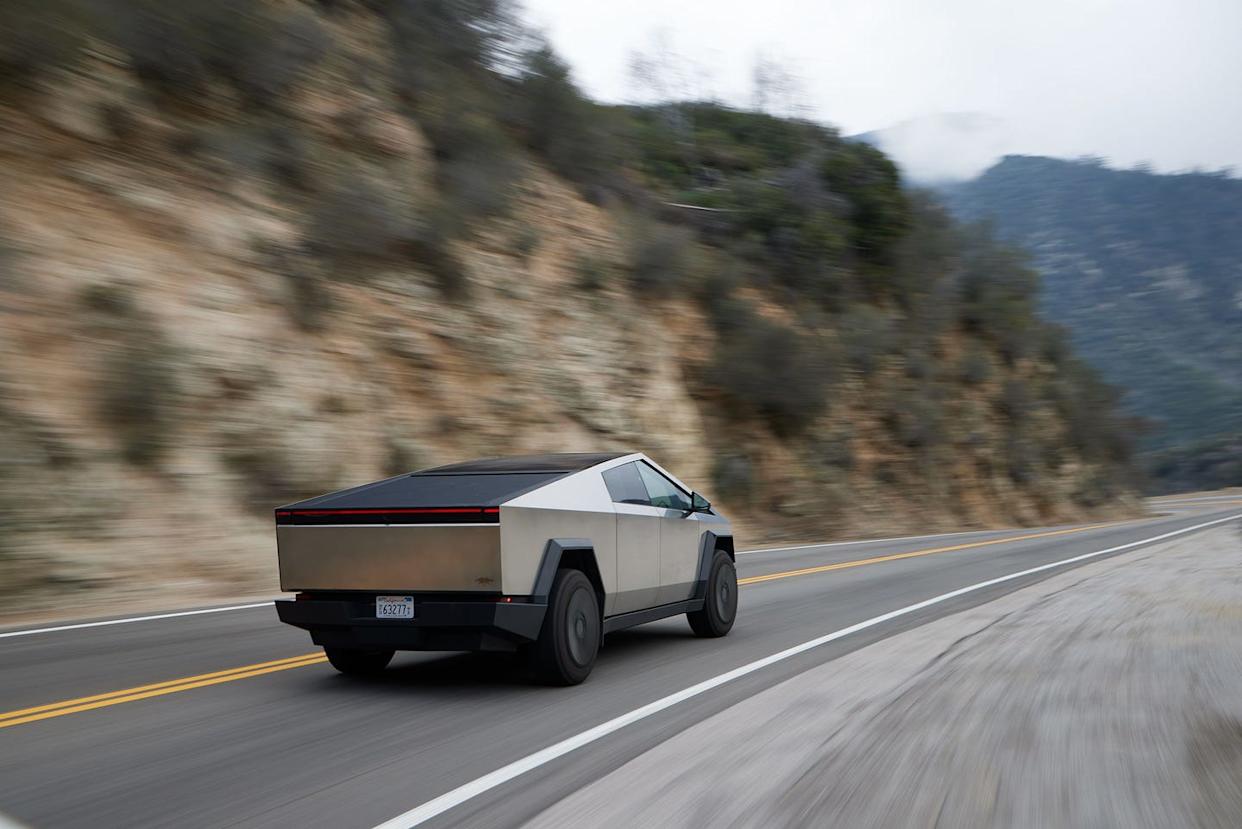
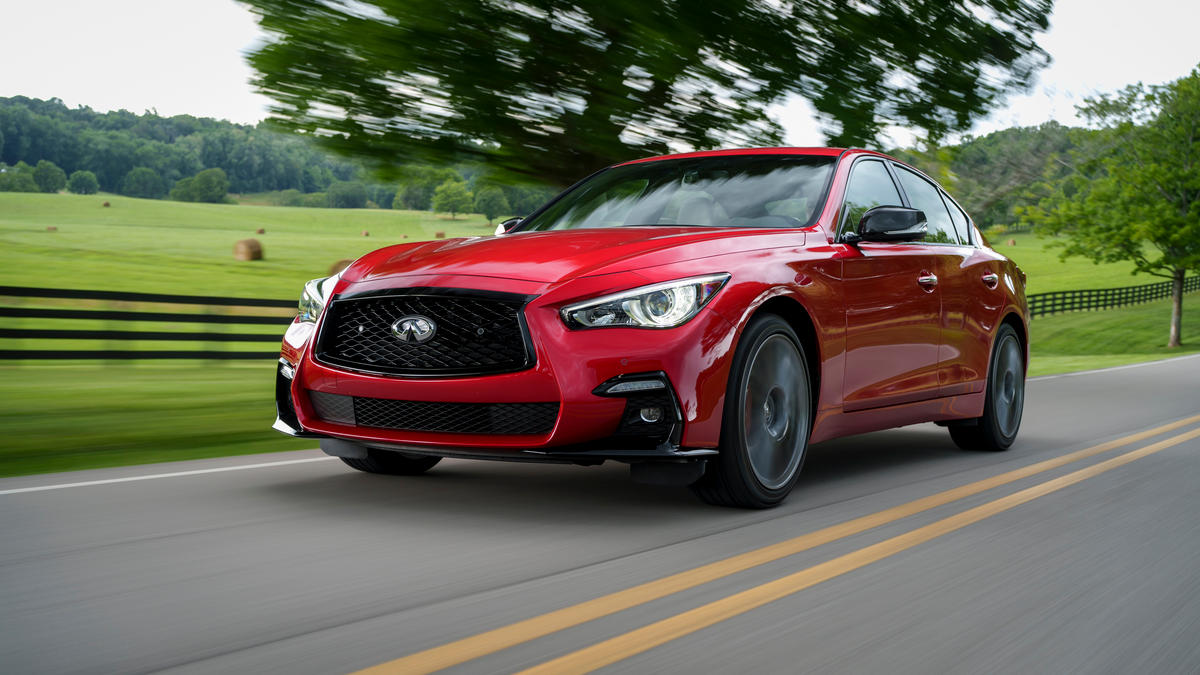
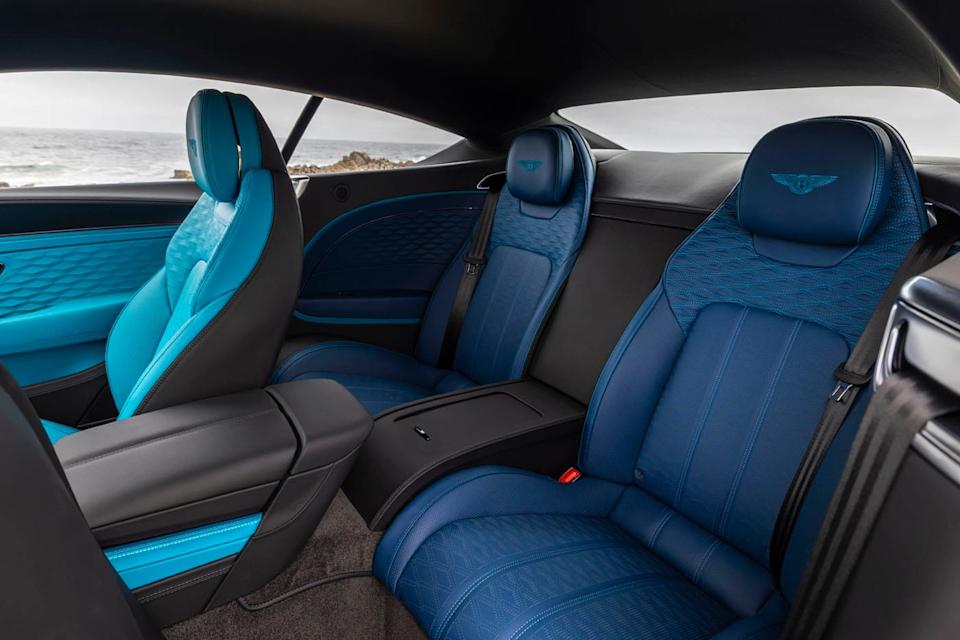
Comments